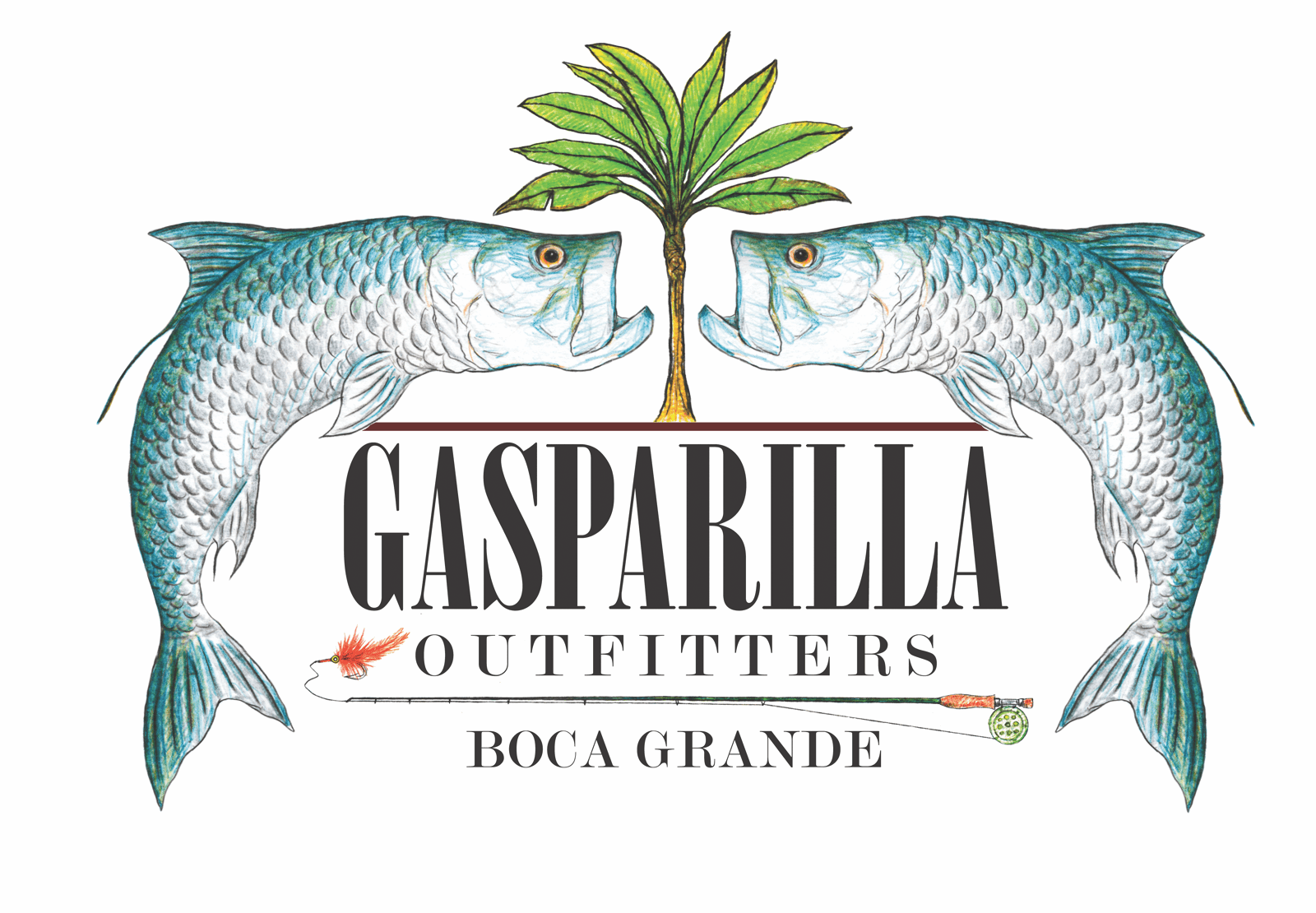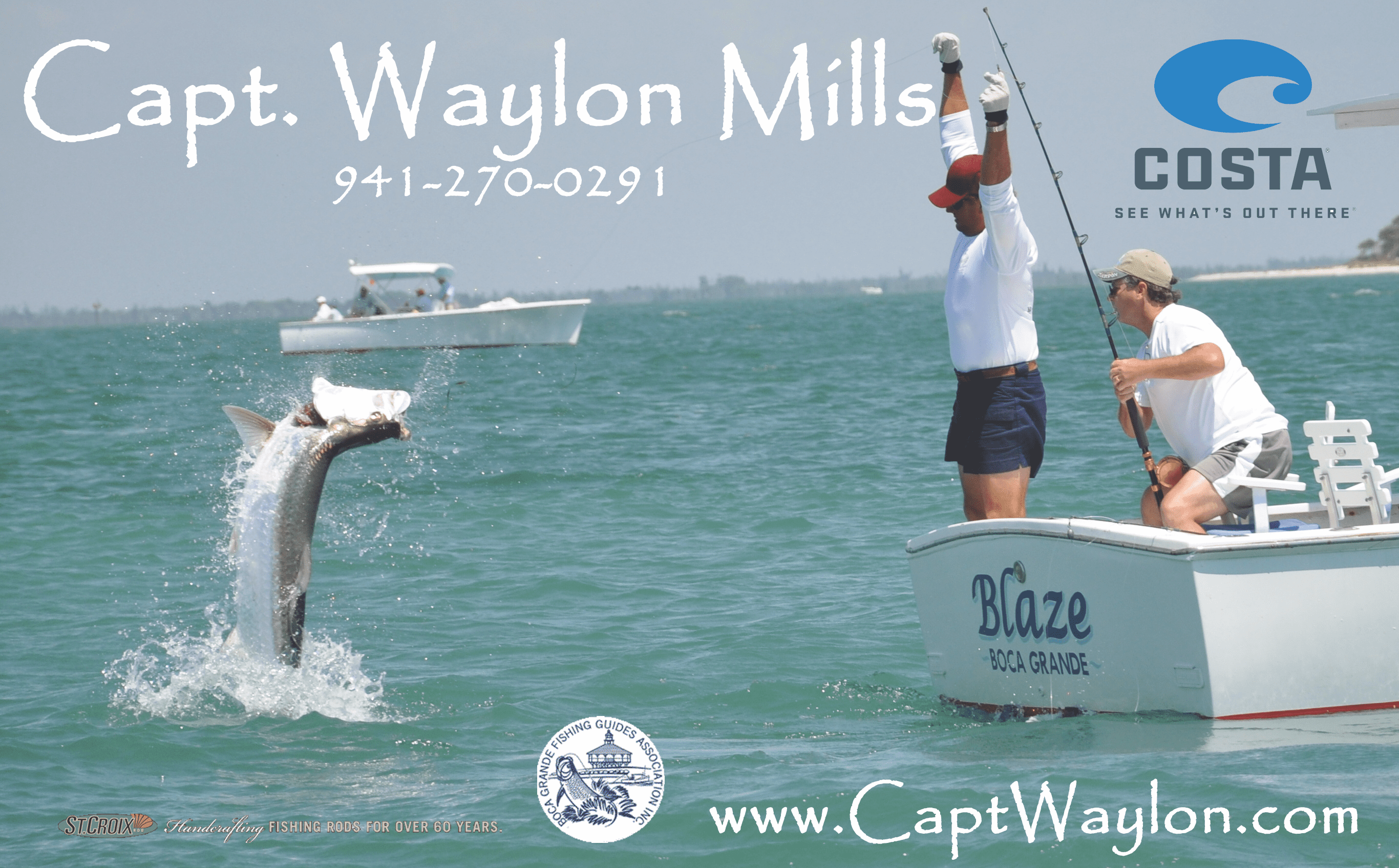EcoWatch: Animals are not Easter toys

Easter is just around the corner and the buying and preparedness of the holiday will fill the next nine days. Consumers may well be shocked as the 2024 Easter cost is expected to top $22 billion. The total figure is the second highest in a survey’s history, after last year’s record-setting $24 billion. It is the time of year when sadly to say, Easter has become a time for many parents to buy Easter pets for their children. However, many times after Easter, the candy will be gone and forgotten and so will the rabbits and chicks.
The purchase of Easter pets that include, rabbits, baby chicks and ducks no doubt are part of the cost of celebrating Easter Sunday, although no record keeping of the true cost of this venture was available. However, it is a lucrative business, at the expense of the animals involved. It was determined that 80 percent of rabbits bought in the first year will die. Another figure shows four of five abandoned rabbits will die.
Other problems of buying so called Easter pets are the potential of contracting diseases listed by the CDC. Some of the animals given in past years include rabbits, chickens, and ducklings.
Many states have banned the sale of baby rabbits and chicks during the Easter season to prevent the release of these tiny animals into the environment, where they are subject to an attack by wild or domestic animals, and starve if released. Some like baby ducks are harmful to the environment.

A FWC news release that was printed in a past Eco Watch column states: “Mallard ducklings do not make good Easter presents stating, although these ducklings make nice pets while they are young, they can live 10 years and quickly outgrow the cute-and fuzzy stage, leaving full-size droppings on your patio and outdoor furniture. When this happens, parents and children often grow tired of caring for them and decide to turn them loose into the wild.
This action according to FWC will put the mottled duck future at stake as once mallard ducks are released into the wild, they will compete with native wildlife for food and habitat, plus “These domesticated mallards are interbreeding with the mottled duck, producing hybrid offspring, said FWC waterfowl management coordinator, Joe Benedict, “this is a serious concern and if not stopped, this hybridization could result in the Florida mottled duck becoming extinct.”
The Florida mottled duck is on of a few non-migratory ducks in North America. Therefore, the management and protection of this subspecies is primarily the responsibility of Florida Fish and Wildlife Conservation Commission.
Today the nonmigratory and endemic Florida mottled duck (Anas fulvigula) is facing conservation threats from combined effects of urbanization and introgressive hybridization with feral mallards (Anas platyrhynchos) and mallard x mottled duck hybrids. It is illegal to release these ducks into the environment, according to FWC.
This scenario of the harmful effects of releasing non-native ducks into the Florida eco system can have a devastating effect on Florida’s natural species and should be considered when buying a pet for Easter.
Also just as important to consider is the practice of giving a helpless innocent baby chick, bunnies and other creatures for Easter, are a terrible idea. Making a child happy for a day or two is not a way to teach respect for animals. If you want to make a child happy at Easter, let them know that receiving a live animal for Easter is not fair to the animal, and most likely, will not survive the first week or so in the wild if released.

There is an alternative and a solution for a child, that is drawn to the idea of having a baby chick or fuzzy rabbit for Easter, is a trip to an Animal Shelter in the area.
Animal Shelters are overrun with puppies, kittens, dogs and cats that are in desperate need of good forever homes. The Sun Coast Humane Society located at 6761 San Casa, Englewood Florida, 941-474-7884 or the Animal Welfare League at 3519 Drance Street in Port Charlotte Fl, 941-625-6720, are the perfect place to help your child pick out the perfect pet and at the same time learn a good lesson of why, not purchasing a rabbit, chicks or ducks are not fair to the little creatures.
Do consider the solution to the problem of live Easter pets of ducks, chicks, and rabbits. Make that trip to an animal shelter to find a companion animal that will not only be forever grateful for a new loving home that will enrich the child in knowing they helped save an animal and not endangered another.
email: gaiasvigil@gmail.com








